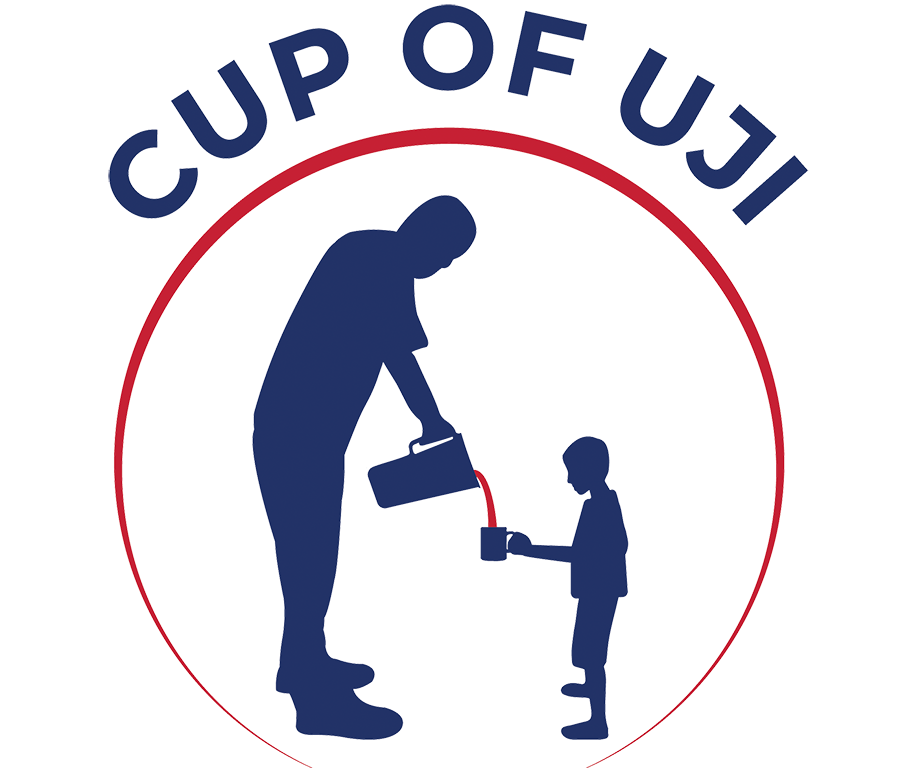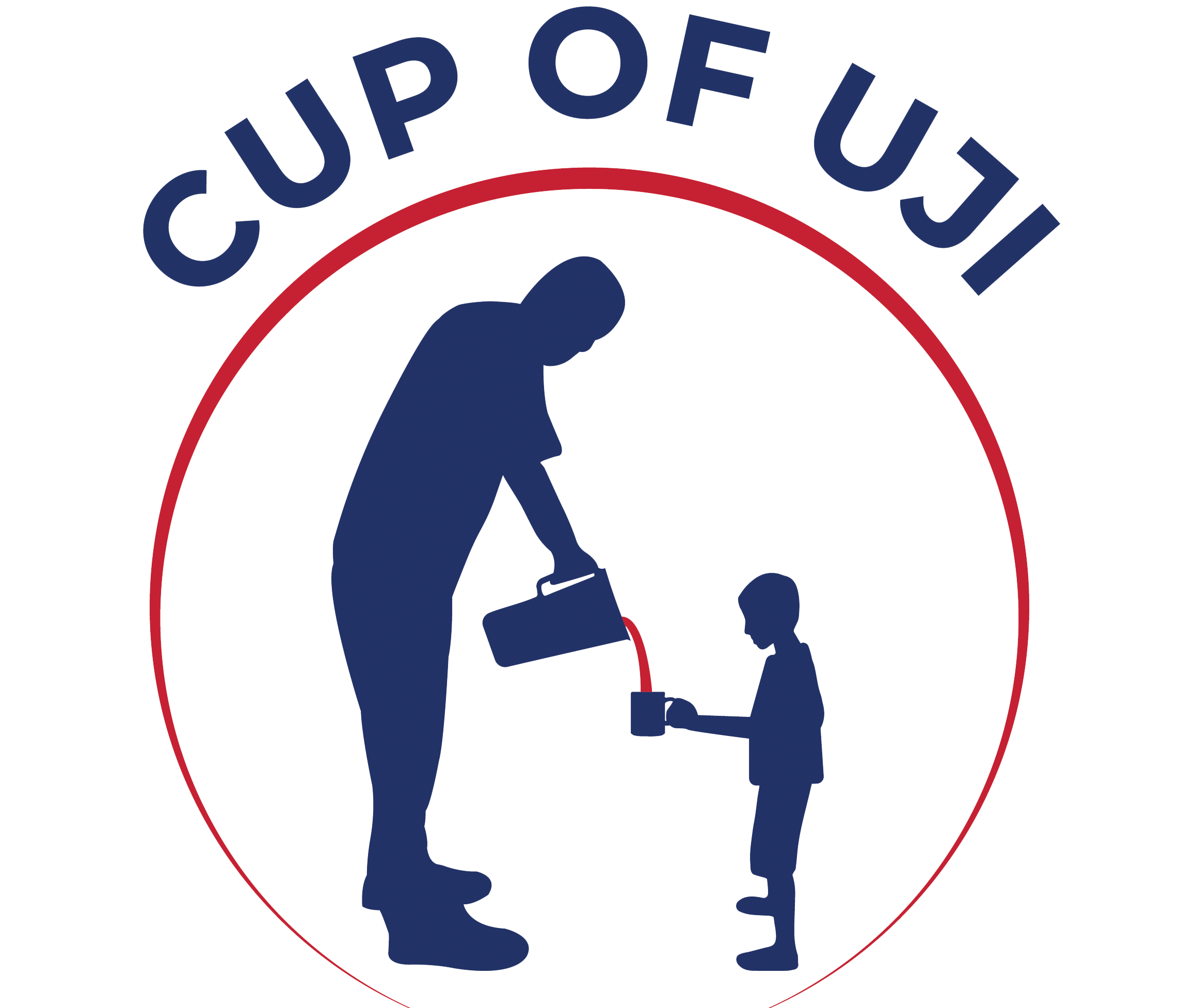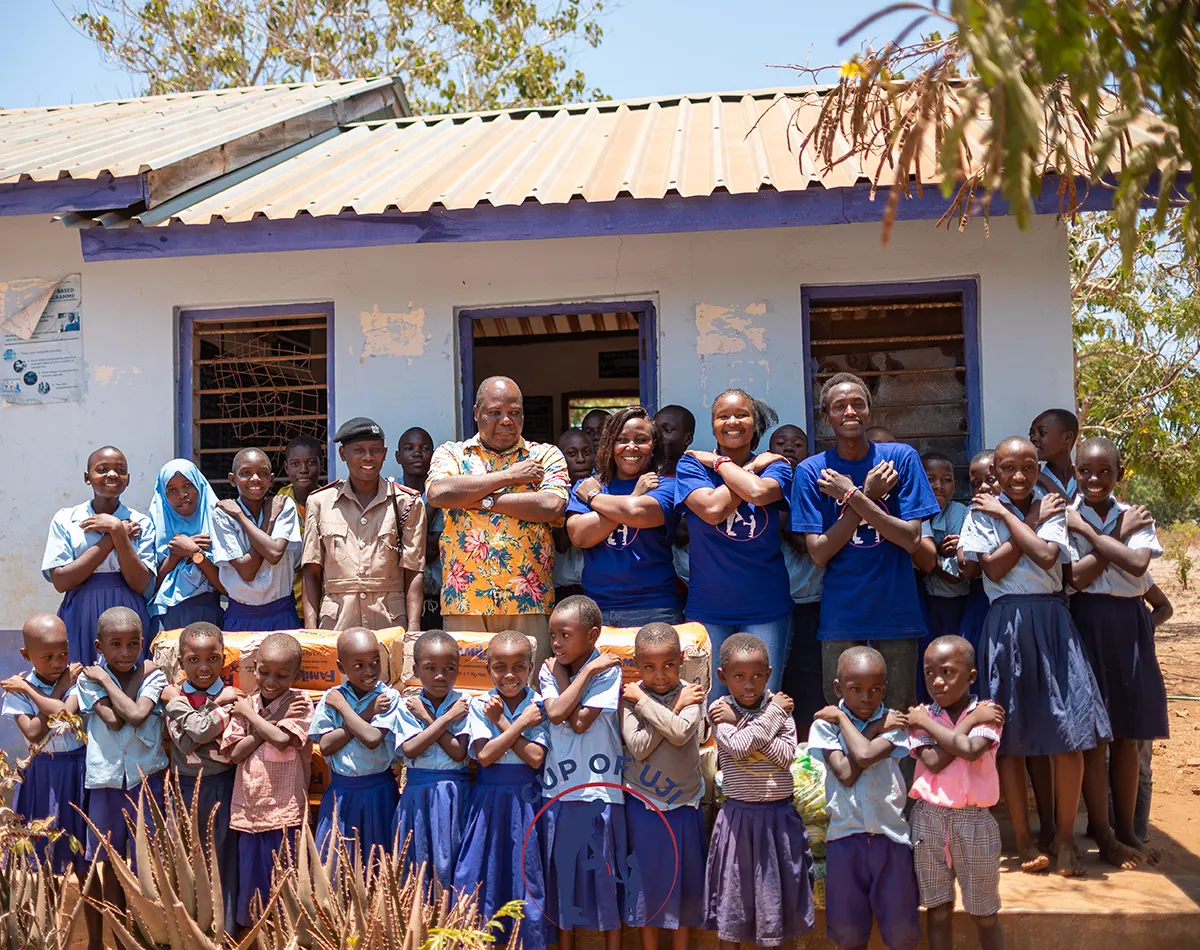Our Approaches
- Home
- Our Approaches
Responsible Sourcing
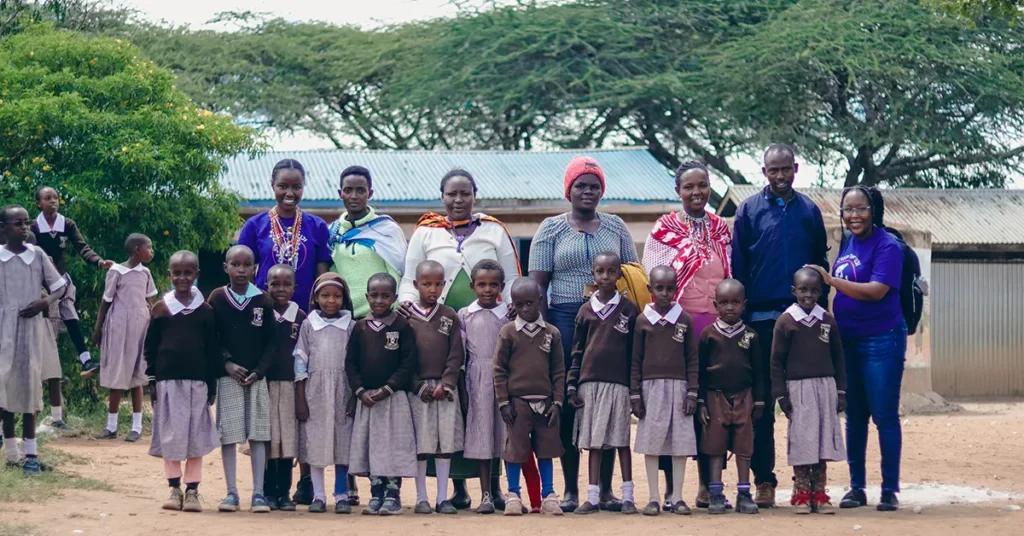
Menu Development
Experimenting various menu options to identify affordable and scalable solutions.
Cost Optimization
Focusing on optimizing ingredient costs and preparation processes while maintaining high nutritional value.
Local Sourcing
Leveraging locally sourced ingredients, reducing dependency on external suppliers
Sustainability
Clean Cooking Methods
Using environmentally friendly cooking techniques to minimize pollution and reduce the carbon footprint.
School farms
Leveraging the use of the schools' farms to complement the supplies acquired.
Co-paying model
An affordable subsidized price is offered to parents where the percentage contributed by them ensures children are always fed.
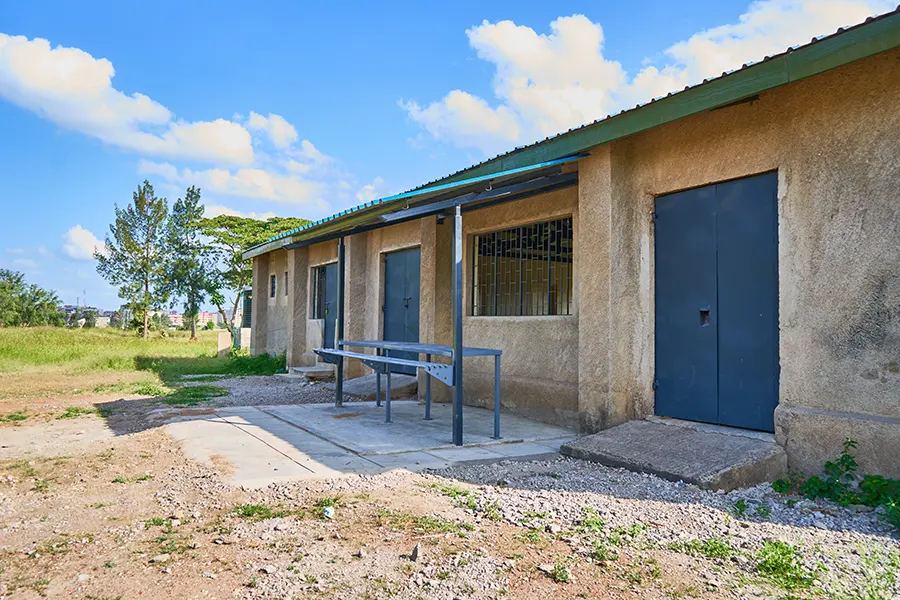
Technology
Wallet As A Service (WAAS)
WAAS technology is integrated into the monitoring process to enhance accuracy and accountability. This technology facilitates realtime tracking of the number of children fed daily. By leveraging digital wallets, we are able to record and analyze data on meal distribution with precision, ensuring that each student's attendance and meal consumption is accurately captured.
Policy Advocacy
Government Support
Advocating for county and national policies that support the expansion and sustainability of school feeding programs.
Evidence-Based Influence
Using program data and results to influence policy changes promoting better nutrition standards in schools feeding programs.
Partnerships and Grant Management
Cup Of Uji collaborates with international and national non- governmental organizations, foundations, corporates, national government and county governments . The organization also receives funds from individuals. Managing these funds is crucial to addressing the needs of school children in Kenya making it a top priority to be a trusted partner in the humanitarian sector. Cup Of Uji aims to effectively utilize financial resources to achieve positive and lasting impact.
Monitoring and Evaluation
Cup Of Uji’s monitoring and evaluation process employs a multi-faceted approach. Surveys gather quantitative data on meal satisfaction from students and parents. Nutritional assessments are conducted on the students. Interviews with school staff a provide qualitative insights into operational challenges and benefits. Observations during onsite visits ensure adherence to hygiene standards and proper meal distribution. Monitoring sheets track key metrics, and Wallet As A Service (WAAS) technology enables real-time tracking of meal distribution. This comprehensive framework ensures the program's effectiveness and supports continuous improvement for the well-being of students.
